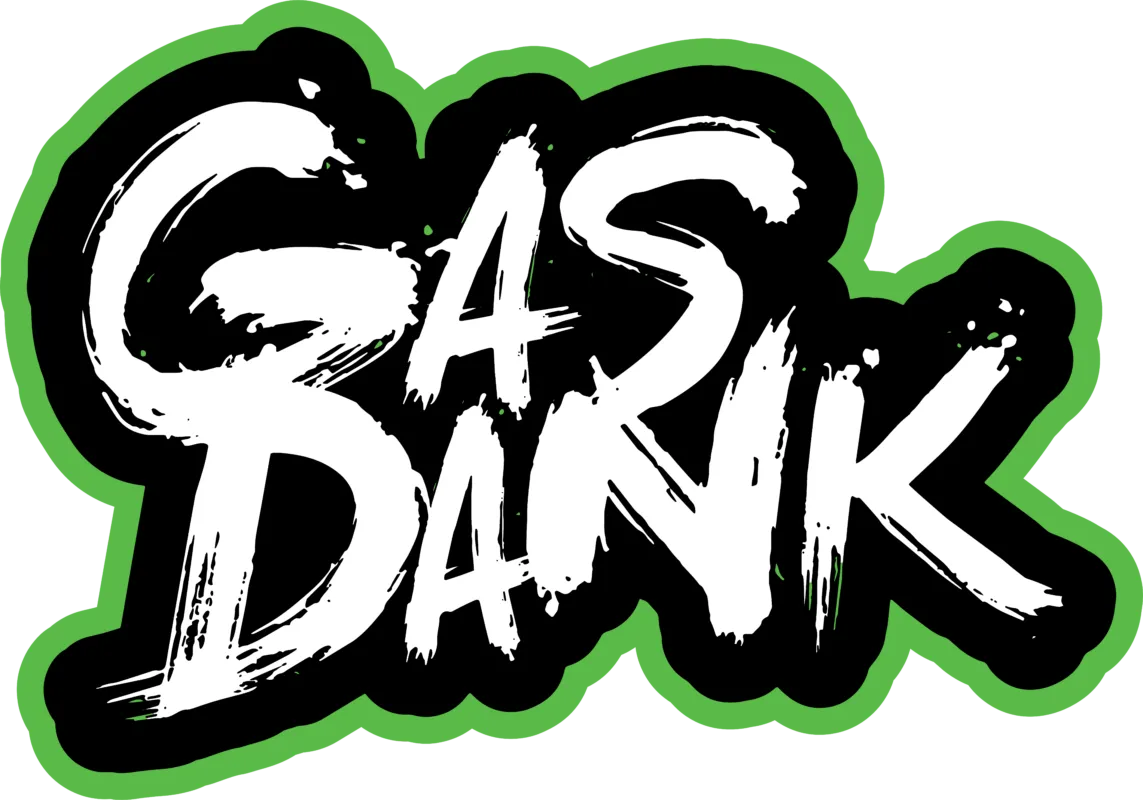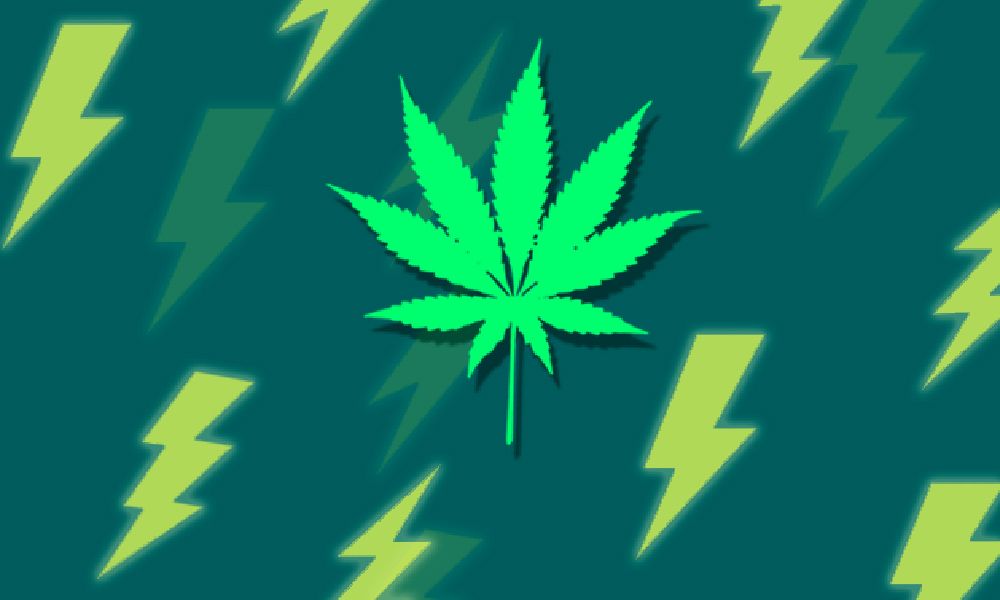Uncategorized
Do You Feel Blah? Cannabis May Increase Your Energy.
You have an idea of what your typical energy level is like. How you operate your day and when you become weary are examples of things you already know. What if you wake up first thing in the morning feeling tired? And it’s only the beginning of your day? Many individuals take cannabis to boost their energy levels on days when they’re sluggish.

Fatigue and chronic tiredness may make you feel as if you don’t want to do anything. That’s a lovely notion, but with work and other responsibilities, it’s impossible to skip out on things all of the time. You have a profession and a life that demands your attention on a daily basis. If you’ve been feeling unusually fatigued, it’s important to figure out why so that you can cure it and feel better.
What Causes Fatigue and Energy Loss?
You are the ultimate arbiter of whether or not your energy level is down. If you believe that you don’t have the energy you used to have on a regular basis, consider why you feel tired.
The following are some of the most frequent reasons for tiredness and energy loss:
Lack of Exercise
If you have a desk job, you probably spend eight or more hours sitting. While you may be tired at the end of the day, you aren’t physically exhausted. Cognitive and physical tiredness are two distinct concepts.
So, even though your thoughts may be weary, your body hasn’t gotten enough exercise. And that’s the tough part because you may believe you don’t have the energy to work out. When you really need it, to get your natural endorphins going.
Have you ever heard of runners’ high? That’s a euphoric sensation that follows after an excellent workout. Endorphins are chemicals produced during exercise that make you feel good.
If you don’t get enough natural Vitamin D while outside and you’re sedentary, you may begin to feel sluggish. You might not have chronic tiredness, but it can be caused by too much daily sitting.
Nutritional Deficiencies
If you don’t get tested on a regular basis, you may not know if you have any nutritional deficiencies. The fact is that unless you are ill, getting that essential test done annually is unlikely. And this might be a big issue for your health if it causes drowsiness and tiredness.
Vitamin D deficiency is a serious problem. If you are lacking in vitamin D, you will feel sluggish and weary. Vitamin D performs very differently than other vitamins. It has characteristics that act almost like a hormone, and some cells in your body have built-in receptors for it.
Vitamin D is a vitamin that allows the body to absorb calcium and promotes strong, healthy bones. It’s also called “the sunshine vitamin” since it’s derived from cholesterol after your body has been exposed to natural light. Vitamin D may be difficult to obtain in adequate doses on a daily basis, especially because foods like fortified milk and fatty fish have large amounts of this vitamin.
Vitamin D insufficiency can result in tiredness and drowsiness, which is a major issue since it’s necessary for your body to transport oxygen in cells. Vitamin B12 is also dependent on your body’s ability to transport oxygen in cells, much like vitamin D. Proteins such as beef, fish, and eggs are natural sources of vitamin B12.
If you haven’t been getting enough nutrients for a long time, you may not notice the effects. In fact, you may become accustomed to feeling weary and dealing with it. Typically, eating more carbohydrates (sugars) or drinking caffeine to boost energy and alertness is a good idea. This provides a short-term fix that is generally followed by a ‘crash’ of energy several hours later.
Depression and Other Mental Health Disorders
Fatigue is a typical symptom of depression. You probably already knew that, but do you know how and why tiredness and lack of energy are part of the picture when it comes to depression?
When someone is depressed, their brain chemistry varies abnormally. Serotonin, dopamine, and norepinephrine are three of the most common neurotransmitters to be altered. Those neurotransmitters regulate how active you feel and how well you sleep, as well as your motivation and capacity to experience pleasure.
How can you tell if your low energy is caused by sadness? It’s difficult to say, but your doctor may be able to assist with some tests. They are usually standardized examinations or questions that aid in the diagnosis of depression.
What is one of the most straightforward methods to determine if you have chronic tiredness, or low energy as a result of sadness? Your enthusiasm for participating in activities. You probably don’t have depression if you still want to do things you enjoy. But if you’re weary and lethargic and have no desire to engage in enjoyable activity? You might have depression, and it’s time to speak with your doctor about it.
Chronic Diseases
Chronic diseases, in particular, can have a significant impact on your energy levels. If you’ve been diagnosed with a chronic illness, your doctor may have mentioned tiredness as a symptom. However, in the United States, many people do not have an undiagnosed chronic disease. And they may be unaware of the cause or how to address it.
One of the most frequent chronic diseases that can make you tired is diabetes. Patients with low blood sugar may feel sleepy and sluggish. Other medical issues including an underactive thyroid or hypothyroidism might also cause tiredness.
Chronic health issues that contribute to tiredness include:

- Anemia
- COPD and Heart Disease
- Sleep Apnea
- Multiple Sclerosis
- HIV/AIDs
- Traumatic Brain Injury (TBI)
- Fibromyalgia
- Kidney Disease
- Stress and Anxiety
- Depression
- Coronavirus (COVID-19)
Any significant change in your symptoms should be discussed with your doctor. Even when you have a pre-existing condition. Abnormal fatigue isn’t a symptom that you should have to live with especially when there are so many options to treat energy loss, drowsiness, and lethargy.
Insomnia
You’ve undoubtedly heard people make jokes about insomnia, typically after a few nights of poor sleep. But chronic insomnia or sleep disorder is a serious medical issue that can have substantial negative health effects.
There have been a number of recent polls about sleep problems in the United States. According to some estimates, as many as 70 million Americans may suffer from a sleeping problem. Short-term insomnia affects around 30% of people. Chronic insomnia, on the other hand, affects 10% of individuals, according to The Sleep Foundation.
Sleep deprivation has a variety of negative consequences, the most serious of which is cognitive impairment. It can cause cognitive decline, including memory loss, in those who don’t get enough sleep. It can have an impact on your mood as well as your attention and concentration. Additionally, insufficient sleep can damage your immune system.
Prescription Medications
Certain prescription medicines used to treat chronic diseases can also make you tired. Prescription allergy medications, blood pressure drugs, seizure medications, and heart medicines can all cause fatigue symptoms. Anti-anxiety pills and cancer chemotherapy drugs are other examples of medications that might induce tiredness.
You can endure a prescription medicine for an extended period of time without issue, and then suddenly you may have adverse effects. Chronic tiredness is one of the side effects that might occur. And that’s another good reason to consult with your doctor. Do a thorough drug inventory every six months or so to keep track on how many pills you’re taking each day. This will also assist you in ensuring that none of your medicines are incompatible (in contradiction) with each other.
How Does a Cannabis Energy Boost Work?
Some people, according to reports, select specific cannabis strains that can assist them in increasing their energy levels. Marijuana is classified as both a depressant and a stimulant. And your response to it is determined by a number of factors.
The first choice is the strain. Sativa cannabis is your finest option if you want to improve your energy levels during the day. Most Sativa strains provide a mild to strong euphoric effect. That means consuming a ‘happy’ Sativa plant will help you unwind while still allowing you to be productive and attentive.
The downside to some varieties of Sativa is that they can make you feel wired. Or too energetic, diverging in creative thinking, etc. And feelings of paranoia can also be felt as a result of using Sativa marijuana. However, higher-potency strains are frequently linked with feelings of anxiety, nausea, and tremor.
The THC level in indica strains of cannabis, on the other hand, has an opposite effect. They are not going to provide you with the energy boost you were looking for. Have you ever heard of couch lock? That’s the theme song and typical consequence of smoking or ingesting most Indica strains. The more powerful the THC concentration, the more sedative an Indica will be.
Patients who have chronic tiredness or difficulties with poor energy may benefit from medical cannabis. If you have a sleep issue, an Indica strain before bedtime might help you fall asleep faster. And it will allow you to relax and rejuvenate, allowing for restful and restorative sleep.
On days when you believe your energy levels are off, a lesser-potency Sativa can give you the boost you need. Select a strain with a higher cannabidiol (CBD) content and one that is also high in cannabigerol (CBG), if possible. Strains with high amounts of CBN are good choices because they tend to be less sedating than strains with higher quantities of CBD. To improve tiredness, talk to your doctor about using cannabis as part of a treatment strategy.



